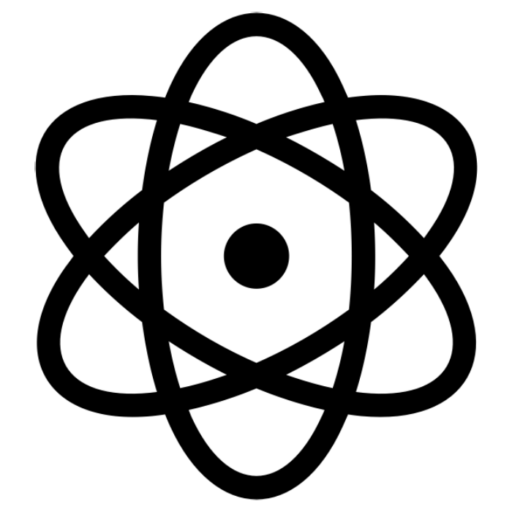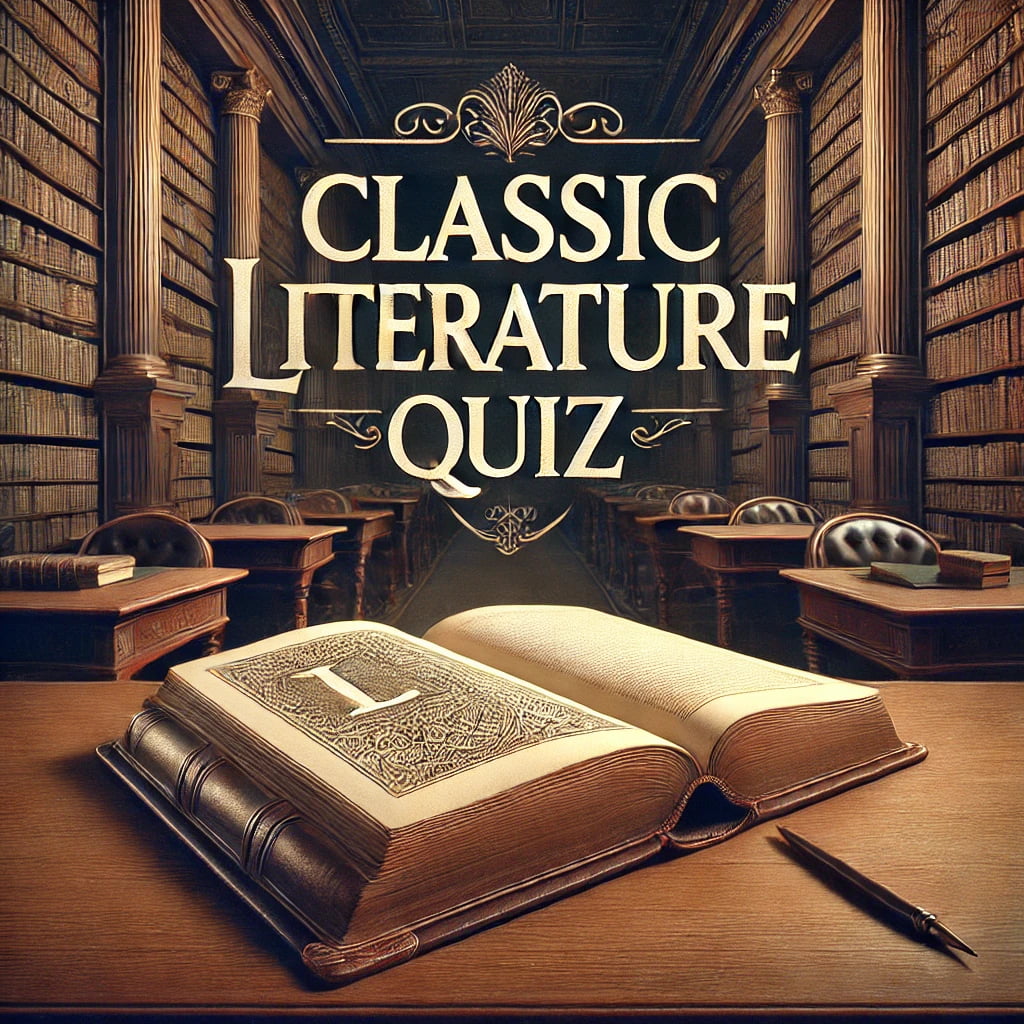This section contains all of the questions that could be a part of this quiz. The quiz will choose 34 questions from the pool below. If you've found this section feel free to take a look but to start the quiz you should press "Start Quiz". You may also be thinking that some information is missing for some of the below questions and you'd be right! The answers listed below only contain answers that appear in the quiz, so as a hypothetical example, if a question asks about whether Sherlock Holmes prefers tea or coffee while solving crimes and 4 options are given in the question, only the correct answer will appear in the below information. This is because this supplemental information is about the quiz itself and not intended as a comprehensive list. We hope you found the quiz to be entertaining and informative. If you haven't taken it yet, Good Luck!
Q1: Who is the author of "Pride and Prejudice"? (Classic Literature)
A1: Jane Austen
Q2: Which of the following are works by William Shakespeare? (Classic Literature)
A2: Hamlet, Macbeth
Q3: Arrange these novels by their publication date, from earliest to latest. (Classic Literature)
A3: "Pride and Prejudice" by Jane Austen (1813), "Jane Eyre" by Charlotte Brontë (1847), "Moby-Dick" by Herman Melville (1851)
Q4: Match each author to their famous work. (Classic Literature)
A4: Charles Dickens → Great Expectations, F. Scott Fitzgerald → The Great Gatsby, Mark Twain → Adventures of Huckleberry Finn
Q5: Select all of the following are novels written by George Orwell. (Classic Literature)
A5: 1984, Animal Farm
Q6: Use some of the following answers to fill in the blanks: Options: metaphor, protagonist, setting, theme (Classic Literature)
A6: The protagonist of the novel faces numerous challenges throughout the story. The novel's setting is a dystopian future where society is heavily controlled.
Q7: Which novel begins with the line "Call me Ishmael."? (Classic Literature)
A7: Moby-Dick by Herman Melville
Q8: Who wrote "The Divine Comedy"? (Classic Literature)
A8: Dante Alighieri
Q9: Select all of the following are tragedies written by William Shakespeare. (Classic Literature)
A9: Macbeth, Hamlet
Q10: In which novel does the character Atticus Finch appear? (Classic Literature)
A10: To Kill a Mockingbird
Q11: Which work is considered an epic poem by Homer? (Classic Literature)
A11: The Iliad
Q12: Select all of the following are plays written by Arthur Miller. (Classic Literature)
A12: Death of a Salesman, The Crucible
Q13: What is the setting of George Orwell's "1984"? (Classic Literature)
A13: A dystopian future under totalitarian rule
Q15: Which novel features the character Jay Gatsby? (Classic Literature)
A15: The Great Gatsby
Q16: Who is the author of "Crime and Punishment"? (Classic Literature)
A16: Fyodor Dostoevsky
Q17: Select all of the following are themes in "To Kill a Mockingbird". (Classic Literature)
A17: Racial injustice, Moral growth
Q18: Which author wrote "One Hundred Years of Solitude"? (Classic Literature)
A18: Gabriel García Márquez
Q19: In "The Great Gatsby", what is the significance of the green light? (Classic Literature)
A19: Symbolises Gatsby's hopes and dreams for the future
Q20: Which novel is set in the fictional town of Maycomb? (Classic Literature)
A20: To Kill a Mockingbird
Q21: Who wrote the play "Death of a Salesman"? (Classic Literature)
A21: Arthur Miller
Q22: What is the primary language of "Don Quixote"? (Classic Literature)
A22: Spanish
Q23: Which novel begins with the sentence "It was the best of times, it was the worst of times."? (Classic Literature)
A23: A Tale of Two Cities
Q24: Select all of the following are characters in "Jane Eyre". (Classic Literature)
A24: Mr. Rochester, Jane Eyre
Q25: Which work is a novel by Charles Dickens? (Classic Literature)
A25: Great Expectations
Q26: Arrange these authors by their birth year, from earliest to latest. (Classic Literature)
A26: Jane Austen (1775), Charles Dickens (1812), Mark Twain (1835)
Q27: What is the central theme of "Lord of the Flies"? (Classic Literature)
A27: The inherent evil within humanity
Q28: Which work is considered a bildungsroman? (Classic Literature)
A28: David Copperfield by Charles Dickens
Q29: Select all of the following are protagonists in their respective novels. (Classic Literature)
A29: Elizabeth Bennet in "Pride and Prejudice", Winston Smith in "1984"
Q30: What genre does "Frankenstein" by Mary Shelley belong to? (Classic Literature)
A30: Gothic horror
Q31: Who is the narrator of "The Catcher in the Rye"? (Classic Literature)
A31: Holden Caulfield
Q32: Select all of the following are novels by Virginia Woolf. (Classic Literature)
A32: Mrs Dalloway, To the Lighthouse
Q33: What is the primary conflict in "Macbeth"? (Classic Literature)
A33: Macbeth's ambition to become king and the resulting moral decay
Q34: Which work is considered a bildungsroman? (Classic Literature)
A34: David Copperfield by Charles Dickens

